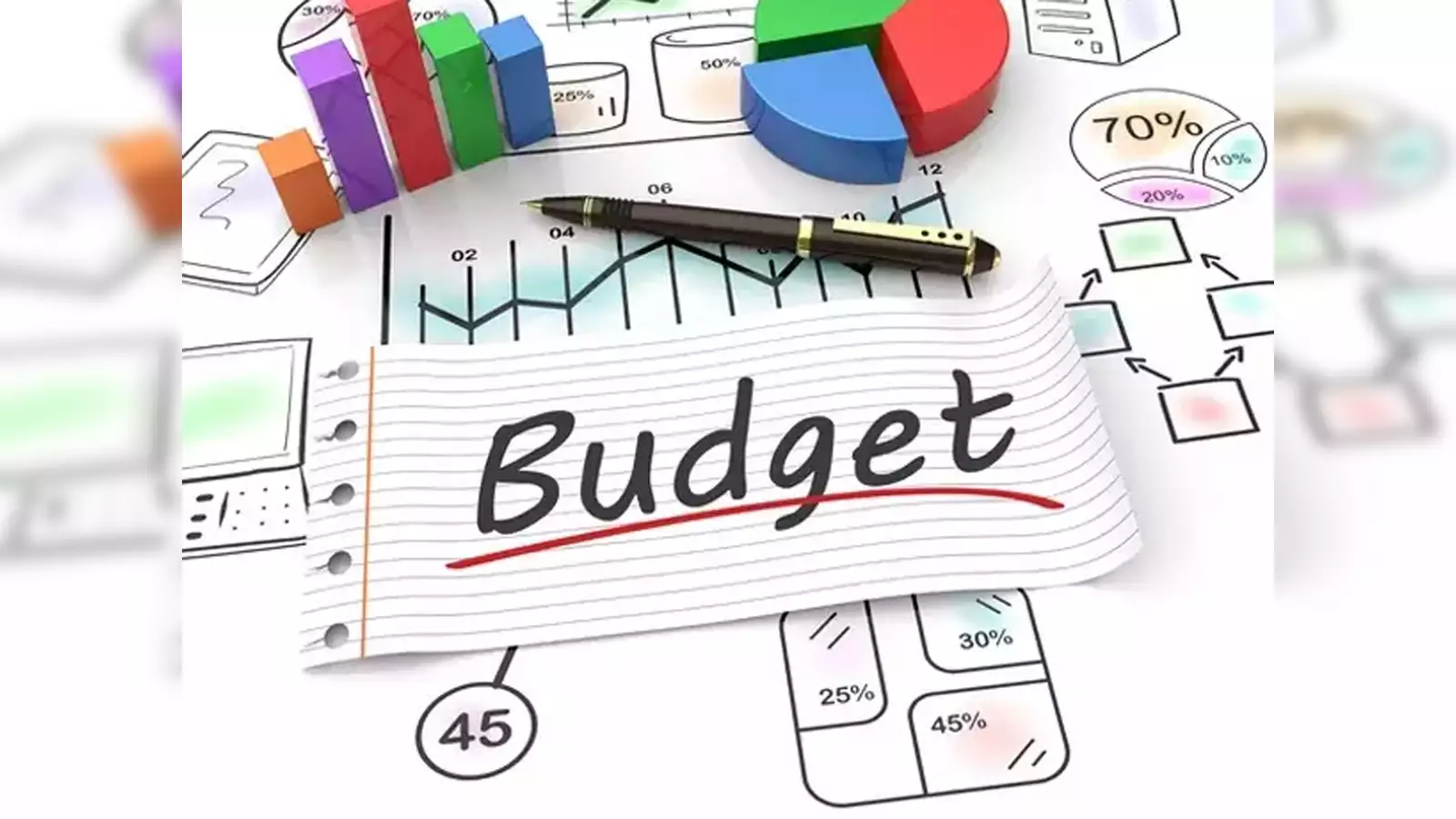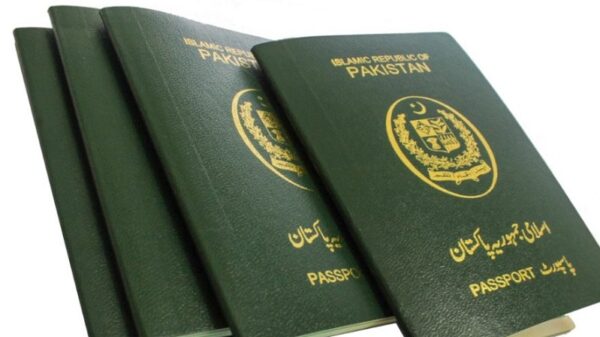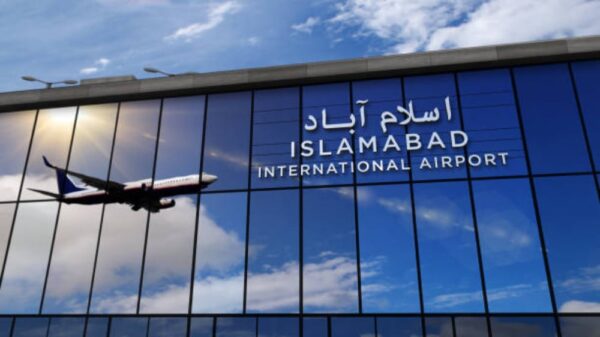2024-25 Budget
In the distinguished setting of the federal cabinet session, Muhammad Aurangzeb, the Federal Minister for Finance and Revenue, took the floor to deliver the much-anticipated budget speech for the financial year 2024-25.
With a sense of duty and honor, he commenced his address, expressing gratitude for the opportunity to present the budget before the esteemed House.
He underscored the significance of this budget, marking it as the inaugural fiscal plan of the coalition government post the February 2024 elections.
Acknowledging the collaborative efforts of the coalition government under the leadership of Prime Minister Mian Muhammad Shahbaz Sharif, Muhammad Aurangzeb highlighted the pivotal roles played by political stalwarts such as Mian Muhammad Nawaz Sharif, Bilawal Bhutto Zardari, and Khalid Maqbool Siddiqui in steering the nation’s economic course.
The budgetary framework unveiled a total outlay of Rs18,877 billion for the fiscal year 2024-25, with the Federal Board of Revenue (FBR) expected to generate revenue amounting to Rs12.97 billion, reflecting a substantial increase of 38% compared to the preceding financial year.
The federal non-tax revenue target was set at Rs3.587 billion, with an estimated net income of Rs9.119 billion for the federal government.
Against the backdrop of Pakistan’s economic history, Muhammad Aurangzeb shed light on the transformative journey initiated by Mian Muhammad Nawaz Sharif in the 1990s, fostering a homegrown reform agenda under Prime Minister Muhammad Shahbaz Sharif’s leadership.
Despite formidable challenges, including dwindling reserves, depreciating currency, and soaring inflation, the government’s concerted efforts, including collaboration with the International Monetary Fund (IMF), bore fruit in stabilizing the economy and charting a path towards recovery.
Emphasizing the government’s commitment to sustainable growth, Muhammad Aurangzeb outlined key priorities, including tackling inflation, enhancing tax reforms, and fostering private sector participation.
With a focus on reducing the tax-to-GDP ratio gap, the government initiated multidisciplinary reforms within the FBR, aimed at expanding the tax net while ensuring equitable burden-sharing.
Furthermore, the budgetary allocations prioritized human resource development, social welfare, and climate resilience, aligning with the government’s vision of inclusive growth.
Muhammad Aurangzeb reiterated the government’s resolve to streamline governance through e-procurement initiatives, fostering transparency, efficiency, and accountability in public expenditures.
In the realm of privatization, the government pursued an ambitious agenda, aiming to divest state-owned enterprises (SOEs) and promote private sector investments across key sectors.
Noteworthy endeavors included the privatization of Pakistan International Airlines (PIA), with transparent processes initiated to attract investors and revitalize the aviation sector.
The budgetary proposals also underscored the government’s commitment to enhancing employee welfare, with substantial salary increases and pension adjustments announced to alleviate the financial burdens faced by public servants amidst prevailing inflationary pressures.
In conclusion, Muhammad Aurangzeb underscored the government’s steadfast commitment to navigating the nation towards economic self-reliance and prosperity. With a balanced blend of fiscal prudence, strategic reforms, and inclusive policies, the budget for the fiscal year 2024-25 aimed to pave the way for a resilient, vibrant, and prosperous Pakistan.










